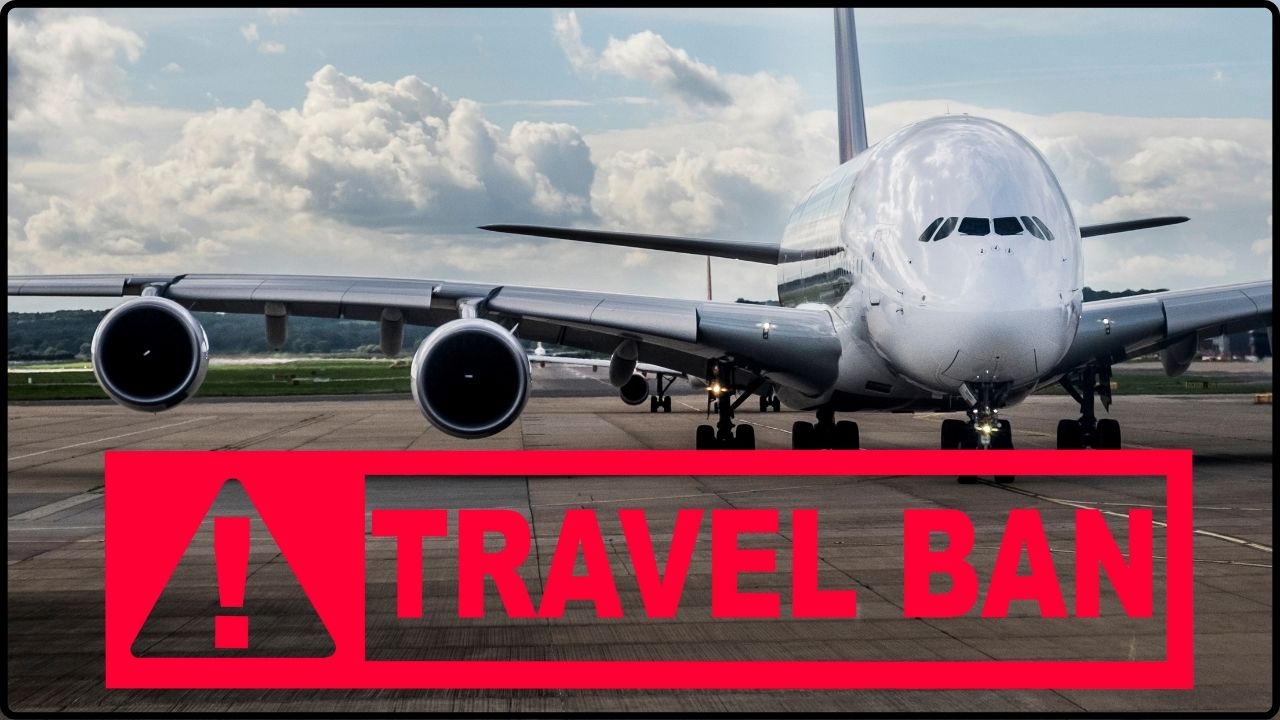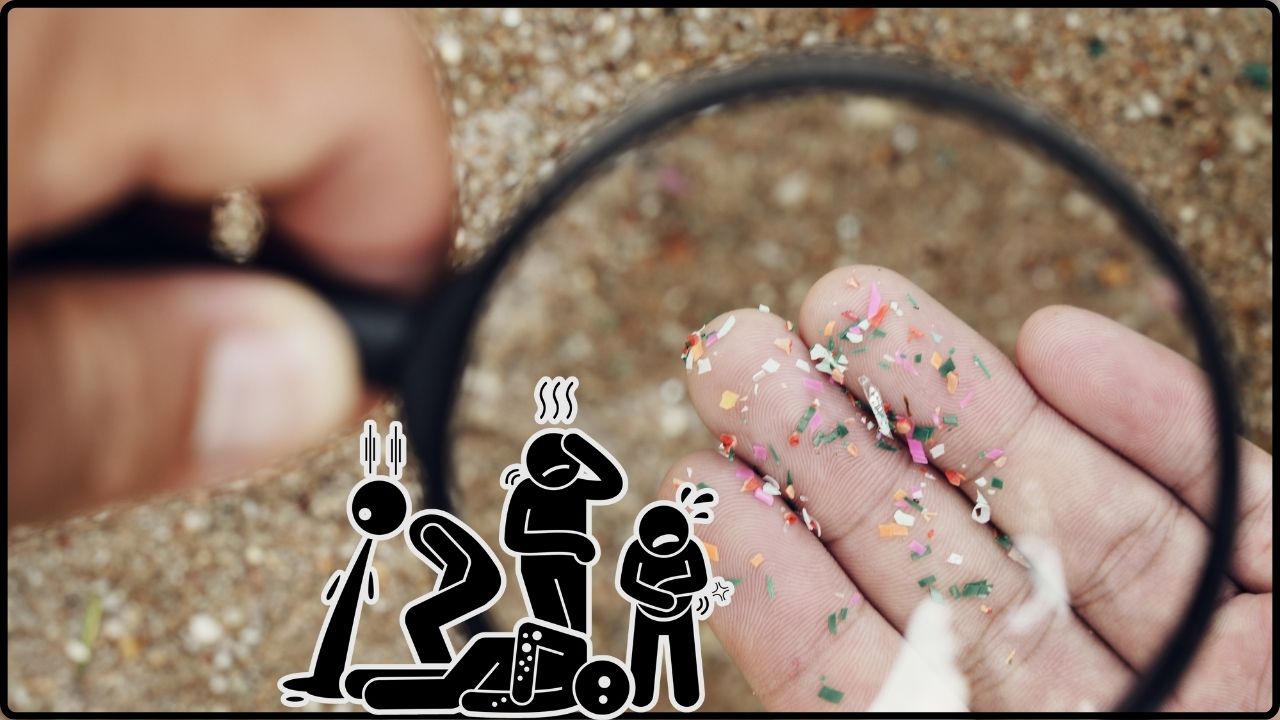Traveling to the U.S. in 2025? If you’re traveling to the U.S. in 2025, and you’re packing more than just clothes—like a bundle of cash—you’ll want to read this before hitting customs. Whether you’re visiting family, investing in property, or just traveling with old-school paper money, here’s the truth: you can legally bring any amount of cash into the United States, but if it’s over $10,000 USD, you must declare it.
This rule isn’t new, but every year, countless travelers lose thousands because they didn’t know it or ignored it. This in-depth guide explains exactly how much cash you can bring, the rules around declaration, how to do it correctly, and what happens if you don’t. All presented in a friendly, no-nonsense way—so you can stay legal and keep your money safe.
Traveling to the U.S. in 2025?
Bringing cash to the U.S. in 2025 isn’t a problem—unless you skip the paperwork. If you’re carrying more than $10,000 USD (or equivalent), just declare it using FinCEN Form 105, answer truthfully at customs, and bring documentation proving the money’s source. It doesn’t matter if it’s wedding money, business funds, or just vacation savings—the key is transparency. Being honest keeps your money safe and your trip smooth.
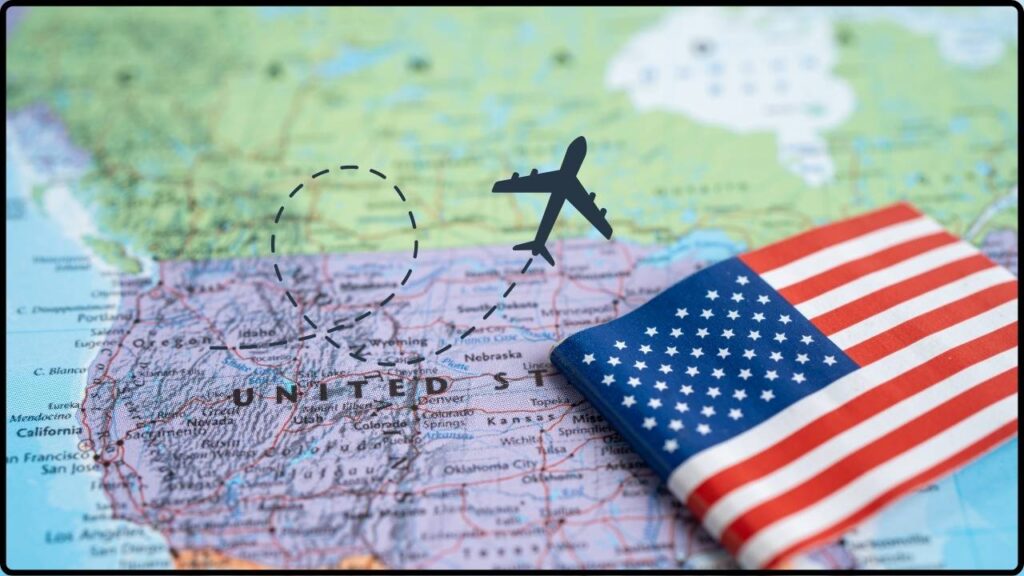
| Feature | Details |
|---|---|
| Allowed Limit | Unlimited—no legal cap on cash |
| Mandatory Declaration? | Yes, if carrying over $10,000 USD |
| Form Required | FinCEN Form 105 (available online and at the border) |
| Applicable Cash Types | U.S. or foreign currency, coins, money orders, traveler’s checks, bearer bonds |
| Applies To | Individuals, families, and groups (combined total) |
| Penalties for Failure | Seizure of entire amount, civil fines, criminal prosecution |
| Enforcement | U.S. Customs & Border Protection (CBP), FinCEN, Homeland Security |
| Legal Foundation | U.S. Bank Secrecy Act of 1970 |
| Official Website | https://fincen105.cbp.dhs.gov |
Why the $10,000 Cash Rule Exists?
The Bank Secrecy Act (BSA), enacted in 1970, was one of the first laws aimed at curbing money laundering and financial crimes. It requires banks to report suspicious transactions and travelers to report large sums of money. The law isn’t there to stop legitimate travelers—it’s there to stop illicit money flows like drug money, terrorism funding, or organized crime.
Today, the rule remains crucial. CBP officers at airports, border crossings, and seaports are trained to look out for large sums of undeclared cash. It’s not uncommon for CBP to seize hundreds of thousands of dollars each month from travelers who either didn’t know the rule—or ignored it.
Who Needs to Report?
If you are:
- An individual bringing in or out more than $10,000 USD in currency or monetary instruments.
- A family or group whose combined cash value exceeds $10,000.
- Acting as a courier for someone else’s money—even if it’s not yours.
- Mailing or shipping large sums into or out of the U.S.
Then yes, you must declare the full amount.
This rule applies to all travelers, regardless of citizenship or visa type—U.S. citizens, Green Card holders, tourists, students, diplomats, and business professionals.
What Counts as Cash?
“Cash” includes more than just physical dollar bills. It also includes:
- Foreign currency (converted to USD equivalent)
- Coins (U.S. and foreign)
- Traveler’s checks
- Money orders
- Negotiable instruments in bearer form (e.g., bearer bonds)
- Signed but undated or otherwise incomplete personal checks
Tip: Even if you’re carrying a mix (e.g., $6,000 cash + $5,000 in traveler’s checks), you must declare, because the total is over $10,000.
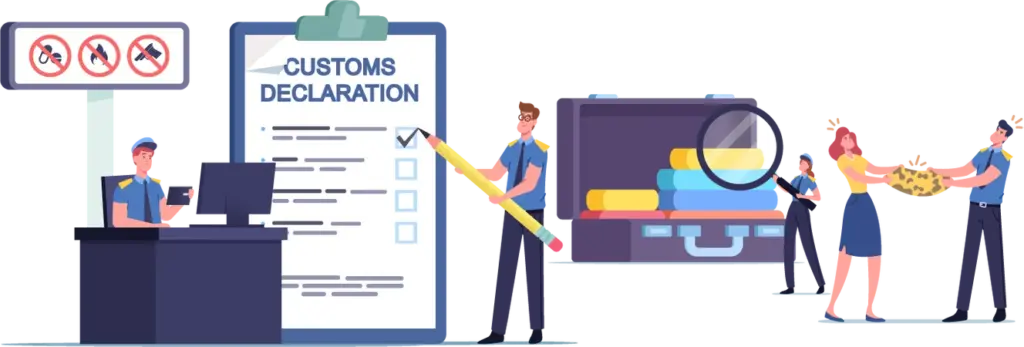
What Happens If You Don’t Declare?
Here’s where things get real. If you fail to declare:
- CBP may seize all of the money—not just the amount over the limit.
- You may be fined up to $500,000 for willful violations.
- You could face up to 10 years in prison if authorities suspect intentional smuggling or fraud.
- You may be placed under federal investigation or flagged for future travel screening.
- Civil asset forfeiture could be used to permanently take the money, even without criminal charges.
And here’s the kicker: even if the money is legitimate (from a business, savings, or inheritance), you may still lose it if you fail to declare properly.
How to Declare Cash Legally If You’re Traveling to the U.S. in 2025?– Step-by-Step
1. Count Everything That Qualifies as “Cash”
Tally up:
- Cash in your wallet, bags, or pockets
- Traveler’s checks or money orders
- Any monetary instrument you’re transporting
Use the USD equivalent for any foreign currency.
2. Fill Out FinCEN Form 105
This is the official declaration form required for entering or exiting the U.S. with more than $10,000 in monetary instruments.
- Fill it out online at fincen105.cbp.dhs.gov
- Or get a physical copy at the customs area of your entry/exit point
Provide accurate information: your name, contact info, country of origin, total amount, and source of funds.
3. Answer Customs Questions Honestly
You’ll also be asked to fill out CBP Form 6059B, the standard customs form for all international travelers. Check “Yes” when asked if you’re carrying more than $10,000.
CBP officers may ask:
- Why are you carrying this amount?
- Where did the money come from?
- Who does the money belong to?
Bring documentation to prove your answer, such as:
- Bank withdrawal slips
- Proof of sale (if you sold property)
- Gift letters
- Business invoices
4. Be Honest—Even If It’s Close
Carrying $9,950 and planning to give your spouse $100 to avoid declaration? Don’t. Splitting money to avoid detection is considered structuring, and that’s a serious federal crime.
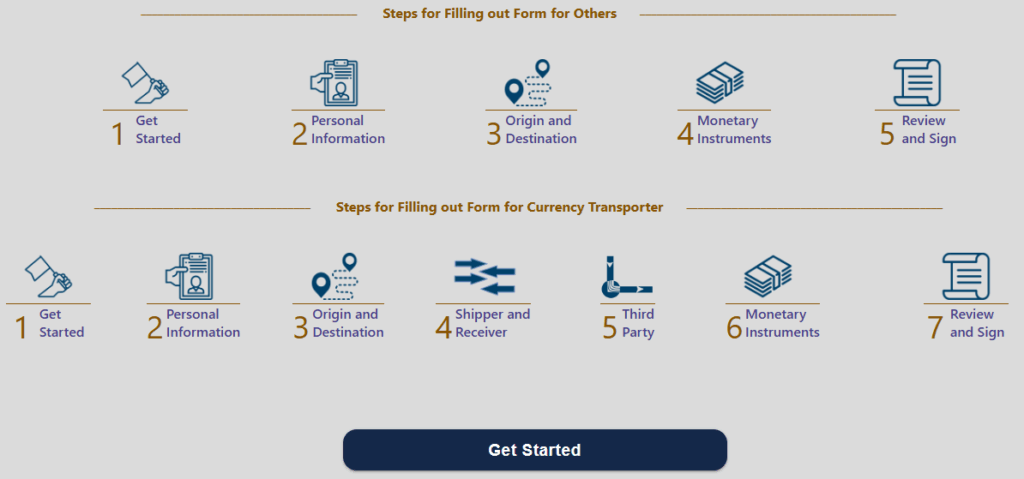
Real-World Case Studies
Case 1 – Honest Declaration Saves the Day
David, an investor from Canada, travels to New York with $25,000 for a property down payment. He files FinCEN Form 105 online, declares the amount at customs, and breezes through CBP without issues.
Case 2 – Missed a Question, Lost Everything
A woman flying from Nigeria to Atlanta failed to check “yes” on her customs form—even though she was carrying $17,000 in cash for her nephew’s tuition. CBP found it and seized the full amount. She had to hire a lawyer and wait months to get a partial refund.
Case 3 – Business Trip Gone Wrong
Three business partners traveling from Dubai each carried $8,000. CBP added the totals and found $24,000 undeclared. All three faced questioning, and two had their Global Entry revoked.
Pro Tips for Travelers
- Carry cash only if absolutely necessary. Use bank wires or digital wallets when possible.
- Never ask someone else to carry cash for you. You’ll both be responsible.
- Store documents proving source of funds in your carry-on.
- Declare honestly even if you’re just over the threshold.
- Don’t try to “structure” or split money to avoid declaration. It’s illegal and easy to detect.
- Take screenshots or print your declaration form confirmation for peace of mind.
Safer Alternatives to Carrying Cash
If you’re nervous about carrying large amounts of cash, consider:
- Wire Transfers (SWIFT or Western Union) – Fast and trackable
- International bank cards – Preload funds and access them globally
- Travel money cards – Secure, reloadable, and accepted widely
- Traveler’s checks – Less common but still accepted by some U.S. banks
Trump’s Travel Ban Explained: What Happens to Visas Issued Before June 9—and Who’s Exempt
Waiting on Your US Visa? Here’s Exactly How to Check Your Status in June 2025
Mom’s Genius Hack for Toilet Paper Rolls Is Going Viral—And It’ll Save You Money Fast


